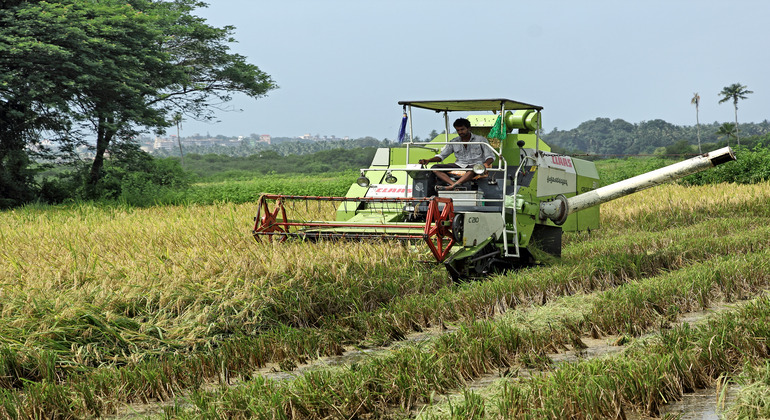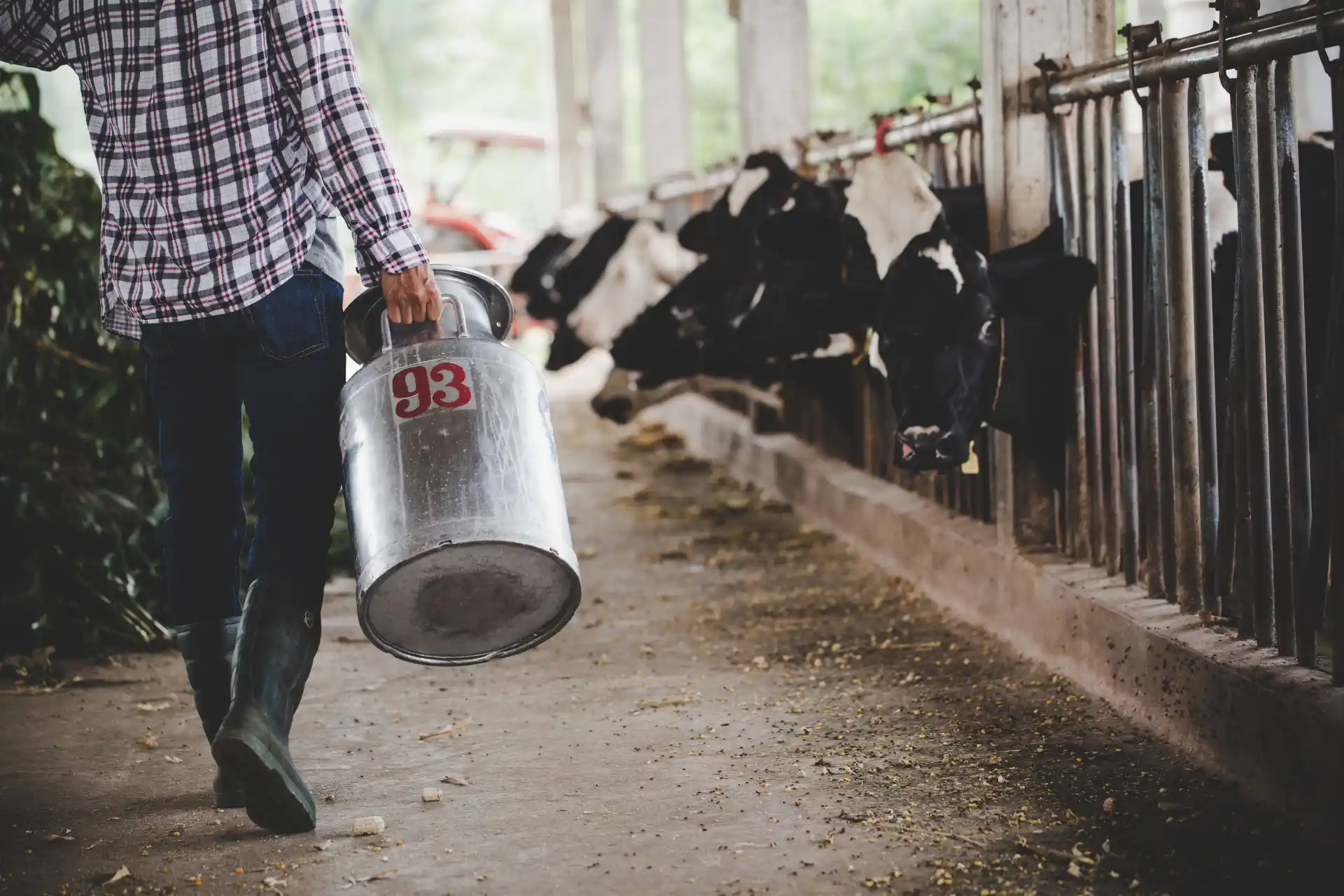The Indian agriculture sector plays a vital role in boosting the nation’s economy, employing 46.5% of the workforce and contributing to 18.3% of the GVA in 2022-23. But this segment grapples with several challenges like scarcity of resources, a stressed labor supply, presence of multiple intermediaries that contribute to information asymmetries, and a lack of transparency. Moreover, key challenges would include a lack of customized programs, including microfinance, technological solutions, educational initiatives, market access support, and supply chain finance (SCF) for small vendors and farmers in the Indian agriculture sector.
The need for SCF programs is undeniable as they offer vital financial support and operational efficiency. To understand the impact these programs can have, consider the following case study.
In the expansive domain of agriculture, this organization is a key player in providing essential equipment for crop cultivation. It encountered a significant challenge: how to support its network of small and micro-sized vendors while maintaining financial stability, with its turnover ranging between 100 to 500 crores in India alone.
Vayana stepped in to address this challenge comprehensively. Collaborating closely, a financing program tailored specifically for the agriculture sector was established. Here’s how.
- Vayana’s expertise in optimizing payment processes helped extend the DPO (Days Payable Outstanding) to 90 days for the corporate, while ensuring timely compensation for these vendors, who were essential contributors to overall production.
- Backed by off-balance-sheet financing, the project facilitated a vendor-centric financial model designed to meet the distinct needs of these entities. This helped significantly improve cash flow, while enabling agile production cycles.
The impact this program had on the corporate was huge.
- Customized for Small and Micro Vendors: The program was uniquely tailored to address the specific challenges faced by small and micro vendors with the primary aim being to provide extended credit periods and upfront funding to support our specialized vendors, many of whom operate on smaller scales with annual revenues typically ranging from 5 Crs to 10 Crs or even less.
- Enhanced Vendor Relationships: Key suppliers, responsible for around 80% of raw materials, experienced improved supply relationships, ensuring consistent availability of vital parts.
- Improved Vendor Resilience: Small and micro vendors gained increased financial resilience, ensuring a steady supply of specialized components, vital in agricultural equipment manufacturing.
- Strengthened Supply Chain: Partnerships strengthened the agricultural equipment supply chain, ensuring a consistent and efficient flow of materials.
In conclusion, stakeholders can continue exploring and expanding SCF facilities, reinforcing the agricultural infrastructure, and ultimately, contributing to the economic vitality of India. Through collective efforts and innovative financial frameworks, the future of India’s agriculture is steering towards a more prosperous and resilient sector.








